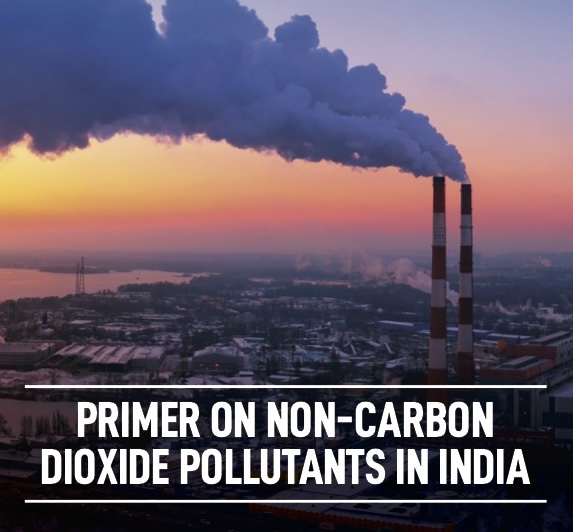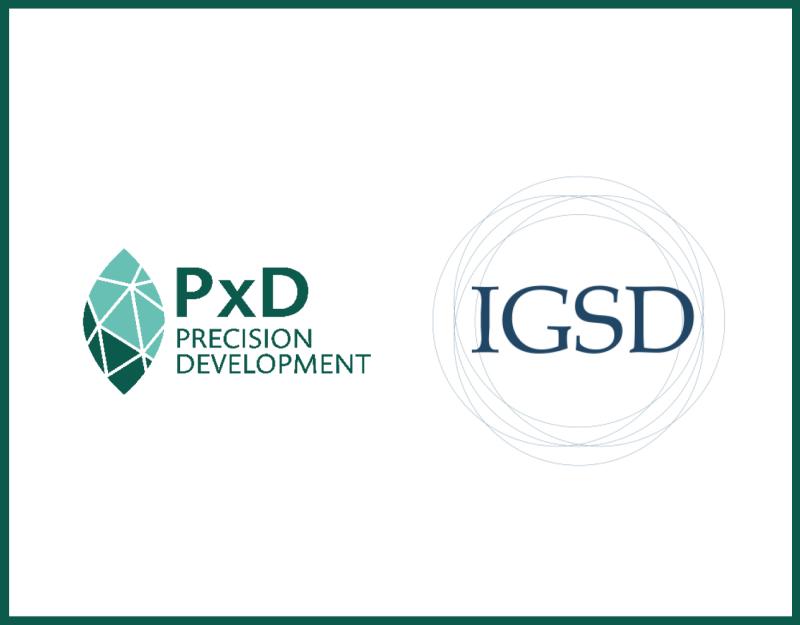Beyond the single-basket mindset: a multi-gas approach to better constrain overshoot in near term warming
The remaining carbon budget framework tracks progress towards the Paris Agreement's goal to limit longer-term warming to well below 2 °C, but no analogous framework exists for constraining mid-century warming. Established single-basket methods of combining gases into CO2-equivalents using Global Warming Potentials (GWPs) lead to ambiguity over what combination of short- and long-lived emissions reductions are needed because they obscure the distinct warming impacts of each. We investigate to what extent a multi-basket approach that separates short-lived and long-lived pollutants can better estimate the likelihood for emission pathways to meet a near-term warming goal. We develop logistic regression models to categorize IPCC emission pathways (AR6) based on whether they exceed a mid-century temperature threshold. We focus on two baskets, using CO2 for long-lived and methane (CH4) for short-lived gases. For comparison, we consider several single-basket approaches (e.g. GWP100, GWP20, GWP*). We further apply our framework to a synthetic dataset covering a broader emissions space. Across both datasets, the two-basket outperforms all single-baskets. Using an illustrative near-term goal (1.7 °C), the two-basket approach reduces the magnitude of overshoot by a factor of 7 compared with the traditional single-basket. The two-basket's advantage is smaller with the AR6 pathways, which we attribute to the high correlation between CO2 and CH4 emissions and confounding effects from other pollutants. Our results indicate that the two-basket approach better constrains overshoot magnitude, particularly if future emissions deviate from the AR6 assumption of correlated CO2 and CH4 reductions. Our approach allows the determination of a metric value and reduction target in the context of a chosen set of scenarios and temperature threshold; the outcome is a near-term methane-specific emissions budget that can be adopted by decisionmakers in a way that is analogous and complementary to the carbon budget. Future work could consider a third basket for very short-lived pollutants.







